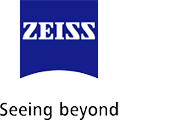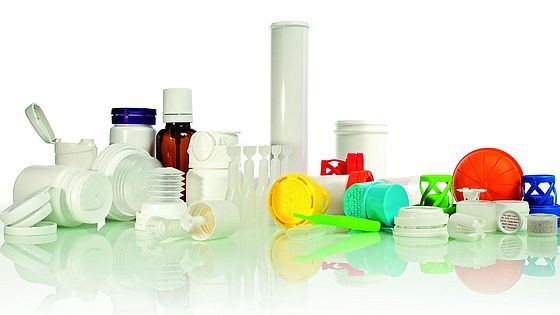Ulm/Germany, Oberkochen/Germany | 2 August 2019 | ZEISS Industrial Quality Solutions
In an effort to establish a sustainable, future-proof production IT system, Sanner GmbH recently opted to comprehensively upgrade its ZEISS GUARDUS manufacturing execution system (MES), which it has been deploying for many years to ensure the integrated monitoring and control of all its quality and production management processes. Sanner GmbH is headquartered in Bensheim, Germany, and is one of the world’s leading suppliers of innovative packaging systems for pharmaceutical applications.
“As the central system in our IT landscape, ZEISS GUARDUS is the key to ongoing improvements in process management and the driver for digitalizing our production processes,” says Karsten Ernst, Head of IT at Sanner GmbH. This multi-stage evolution plan focuses on the development and implementation of new process functions in the areas of Production Management, Machine Integration and Reporting. Furthermore, a particular focal point is the complete elimination of paper- and Excel-based ‘shadow processes.’ “If we want to drive the digitalization of the manufacturing and communication processes, all workflows must be represented in the MES without any media disruptions. That’s the only way to ensure long-term efficiency gains through Smart Production,” says Ernst
The ZEISS GUARDUS project upgrade will be implemented in a four-stage process: the technical implementation of the new system environment and a functional gap analysis of both the existing and target software versions will be followed by training for all MES users and validation of the adapted processes. The next stage of the process will involve the development and configuration of new functions based on core components such as statistical inspection planning, process data collection and analysis, connection of inspection equipment, production data reporting and traceability, as well as personnel deployment planning and maintenance. “As part of this comprehensive upgrade, we’re laying the foundation for consistent production reporting across all sites worldwide. We’re also expecting to see more dynamic, less time-consuming inspection activities in our daily business through results-oriented inspection planning,” says Ernst describing the added value. Stages 3 and 4 focus on the pilot implementation of the new processes, as well as the rollout at the production facilities in Bensheim (Germany) and Budapest (Hungary).

